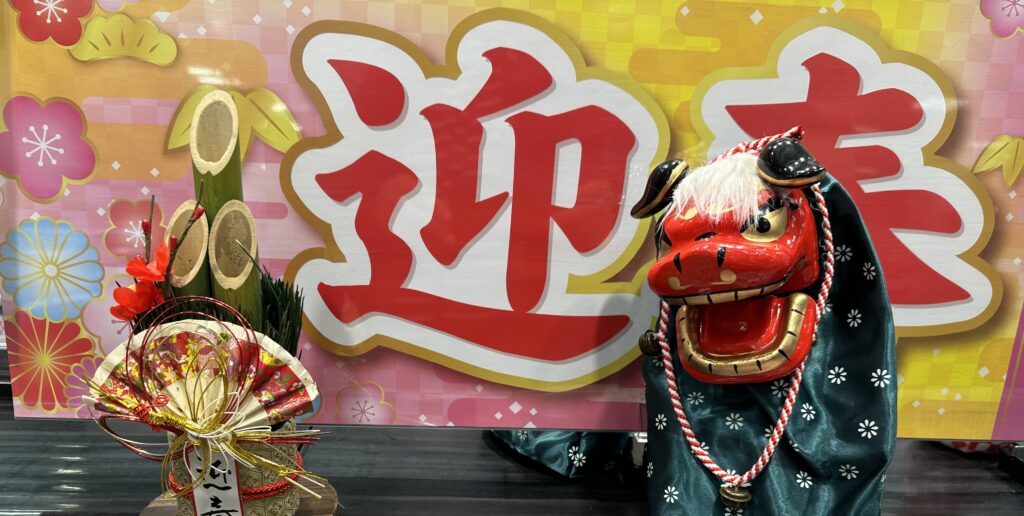
- ARAB NEWS
- 01 Aug 2025

TOKYO: As with most countries around the world, New Year is an important celebration in Japan, with roads, trains and planes crowded as people return to their families for the holidays.
New Year is one of three major holidays in Japan, along with Golden Week at the beginning of May and O-bon in August, which, while not officially a holiday, is recognized nationwide.
New Year is one of the few occasions when the hard-working Japanese salaryman can take a real break, with most companies shutting down from December 29 to January 3, while schools will have a 2- to 3-week break.
Celebrations are usually family-based, and many people go out around midnight to visit a temple or shrine, where hot drinks or soup are often provided either free or from yatai food stalls that are set up in the temple or shrine grounds. At midnight, temples ring a large bell 108 times in a ritual called Joya No Kane to purify the mind and soul.
Japan largely follows the Gregorian calendar starting from January 1, but it also has its own system of denoting years and eras based on the Imperial system. For example, the years from 1926 to 1989 were ruled by Emperor Hirohito, but after his death he has been known as Emperor Showa and his time on the throne is known as the Showa Era. This year (2025) will be Reiwa 7 in Japan – for current Emperor Naruhito – and many official documents use the Imperial calendar’s designation instead of the Gregorian calendar year.
The Japanese traditionally clean their houses thoroughly at New Year to start the new year afresh. Many people also throw out old clothes. Homes and entrance gates are decorated with ornaments made of pine, bamboo and plum trees.
December sees many bonenkai parties (“year forgetting parties”), which have the purpose of leaving the old year – and its problems – behind.
Those who can, leave their houses early on January 1 to see the year’s first sunrise (hatsu-hinode), a symbolic start to the year, with coastal viewing spots being the most popular.
Various kinds of special dishes are served during the New Year period, including ozoni (a soup with rice cakes) and soba buckwheat noodles.
Most shops and restaurants shut down for January 1, with some closing for the entire holiday period, but Tokyo and the major cities liven up again from January 2 as shops open and life starts to return to normal.